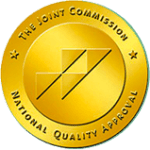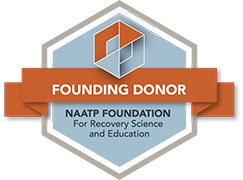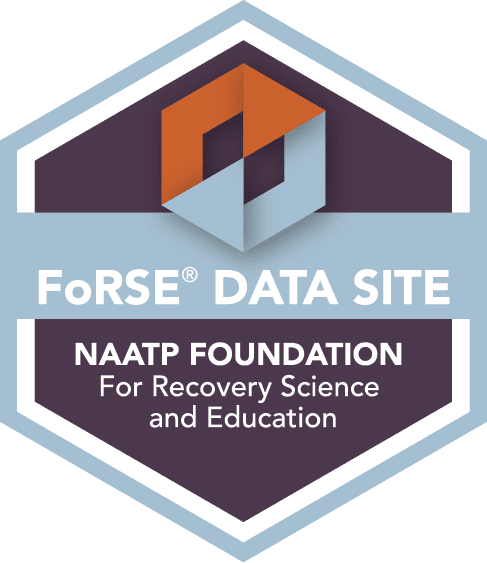How to Avoid 5 of the Most Common Relapse Triggers
1: Stress
Stress may be the number one cause of relapse. Many people in recovery turn back to their substance of choice when they are feeling overwhelmed with life issues. For many addicts, drinking and drugging was a maladaptive way of coping with various stressful experiences. Being Hungry, Angry, Tired or Lonely (HALT) can exacerbate feelings of stress, so it’s always important to try to assess how you are feeling before you let things overwhelm you.
You can steer clear of situations involving extreme negative stress. Make small changes to your life by setting clear priorities and boundaries.
There are also tools you can use to manage stress such as practicing mindfulness and meditation. Learning time management skills can help you operate consistently under pressure. Make small but significant changes to your lifestyle such as not eating as much sugar or carbs, exercising regularly and making sure you sleep well.
2: Relationships
Individuals in early recovery may want to avoid starting a new romantic relationship for a period of time. This advice is often ignored and can be a trigger for relapse. Breaking up with someone when you are not in recovery can be hard enough, and can easily lead someone in recovery back to drinking or using.
Another aspect to consider is that often we use relationships as a way to avoid feelings, just like we would drink or use drugs. In doing so, we are just using something else external to ourselves to fill up the void in our lives that has been re-exposed in sobriety. Using a relationship as a drug leaves you vulnerable to relapse because when inevitably the new relationship stops “working,” you will start looking elsewhere to numb uncomfortable feelings.
3: Celebrations
It’s difficult to acknowledge that times when we are feeling happy and want to celebrate can also be times when we need to be vigilant around our recovery. Feeling happy can be a trigger for a number of reasons. First, your guard may be down because you feel as though life is good and that nothing will alter that. Secondly, typical celebratory events involve alcohol.
It’s not practical to avoid any parties or celebrations in recovery. That would be unrealistic and fairly depressing. You do need put things in place so that you can go to these events and enjoy yourself without having to give in to the pressure or temptation to drink. One of the best things you can do before attending these kinds of events is ensure that the people you are going with know that you are in recovery and that you plan to stay sober. Offer to be the designated driver if you want to put an extra barrier in place. Reach out to the closest people to you at the party and let them know that if you’re struggling you will tell them. People are happy to help and happy to be relied on in this way, whatever our brains may tell us.
4: Boredom
This old chestnut. How often have you imagined life without drinking or drugs and just thought: BORING. One of the most common misconceptions of recovery is that it will be boring. This is simply not true. There are plenty of ways to have fun in recovery, yet often it takes a while for the recovering addict to believe that or adjust their perception of what is and isn’t fun.
Boredom is an oft cited reason for relapse. So, you really do need to beware of the danger surrounding the idea of being bored. Work with someone – a sponsor, counselor or even just a friend, to explore your ideas of boredom and ways you can cope with it.
5: People, Places and Things that Remind you of Using
This fifth and final relapse trigger is probably the most common. It is also very personal to each individual, therefore it’s harder to give advice on how to avoid what uniquely triggers you. Obviously, putting yourself in situations or places with people with whom you used to use is a big no-no. That goes without saying. However, it can often be much more subtle than that. It might be driving down a street where you once used or the smell of something that reminds you of a drug you used to take.
You should make it a priority in early recovery to assess what you believe may be your own personal triggers. Write down a list of everything you can think of, both inside and outside of the box. Keep adding to that list as the months go by and you experience new and unexpected things that may trigger you. Not only will that help you avoid the triggers in the future, but it will also keep you vigilant.








